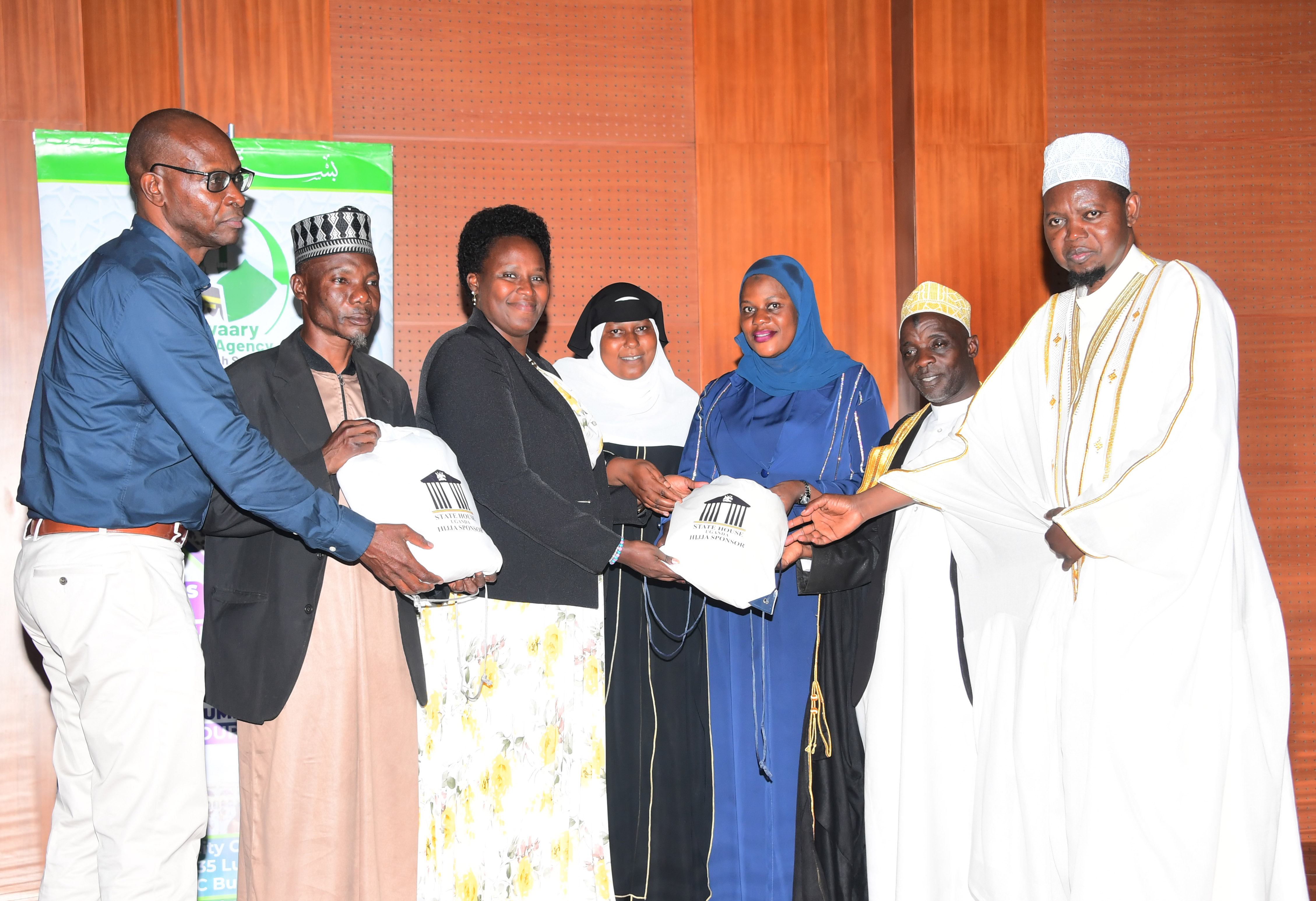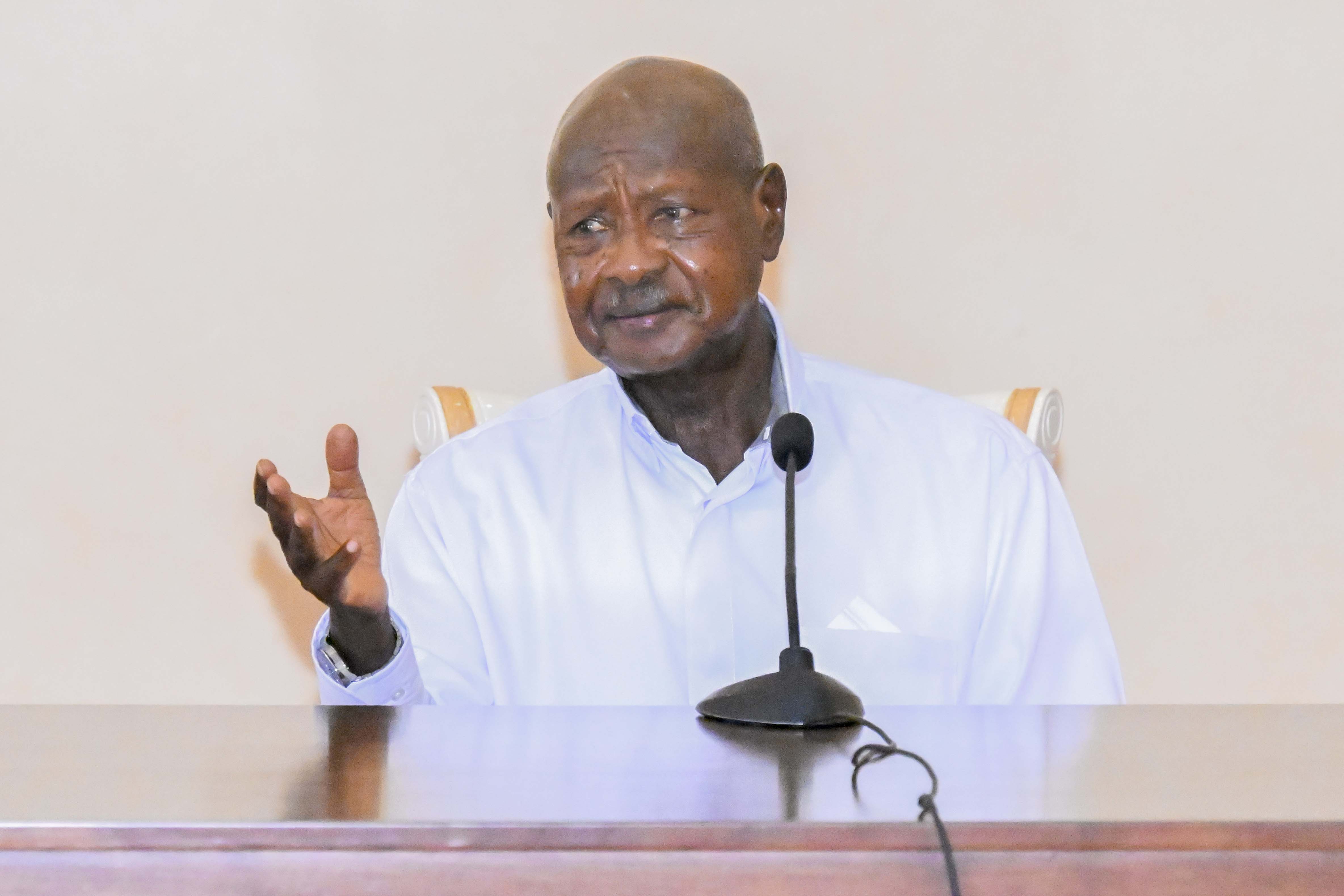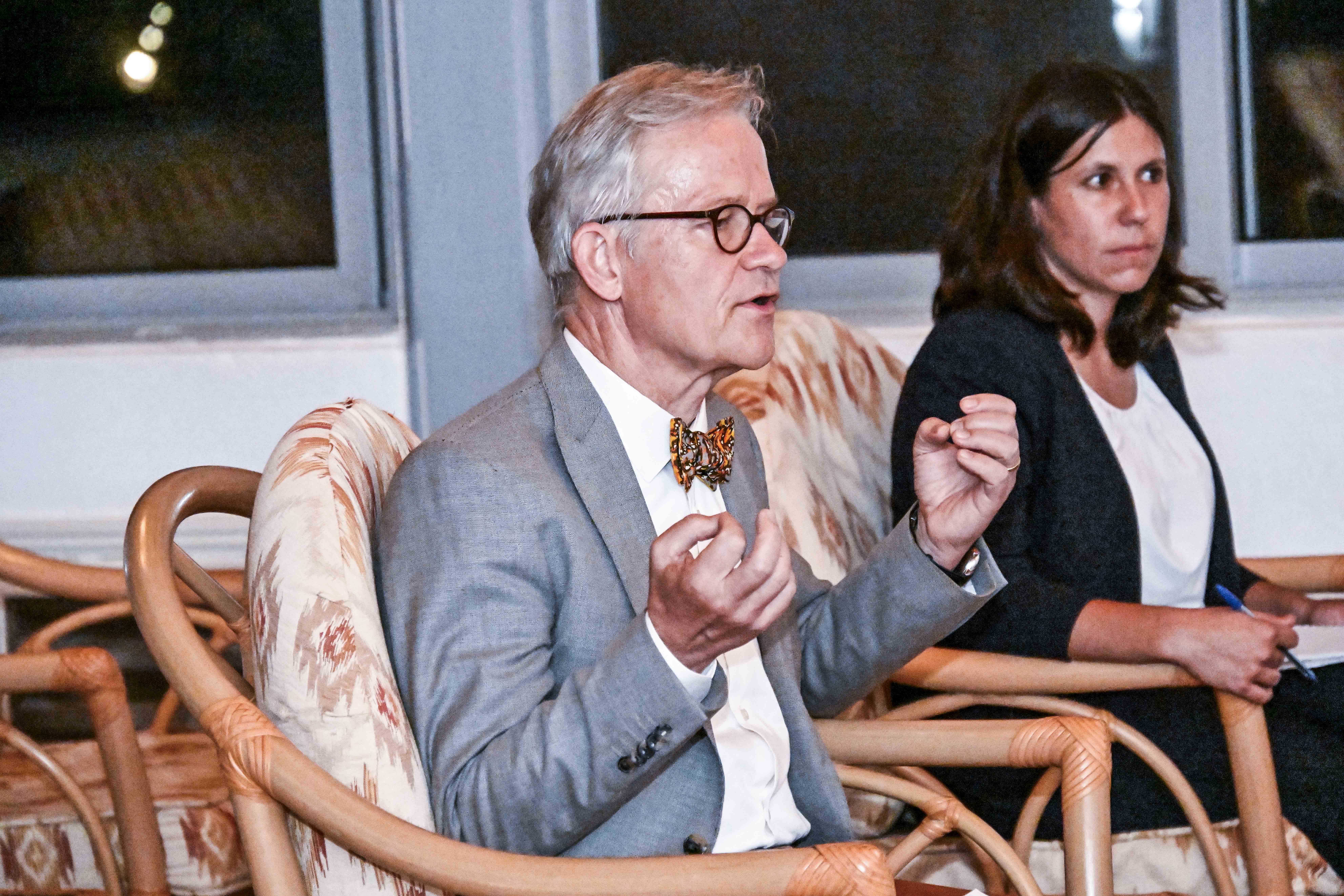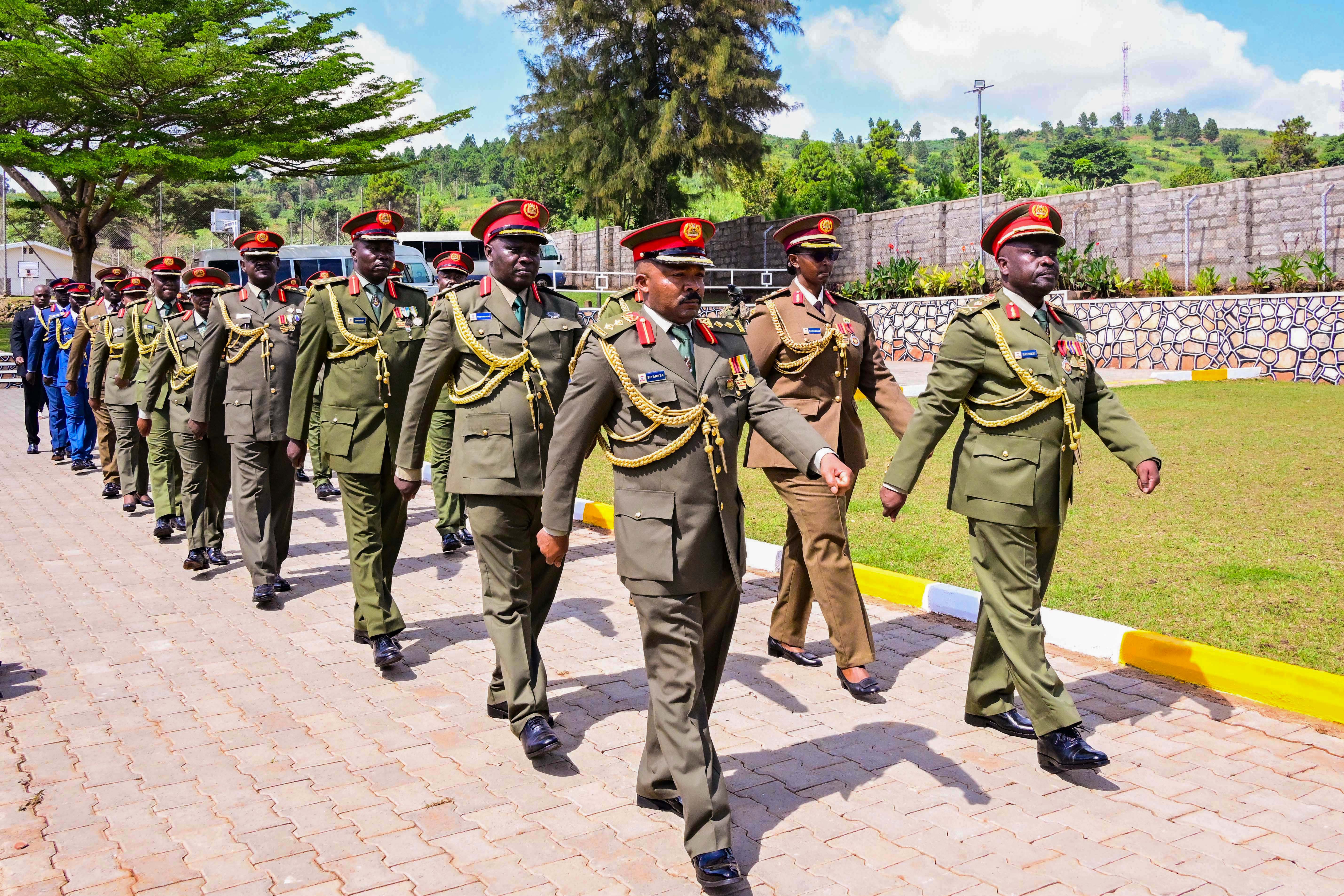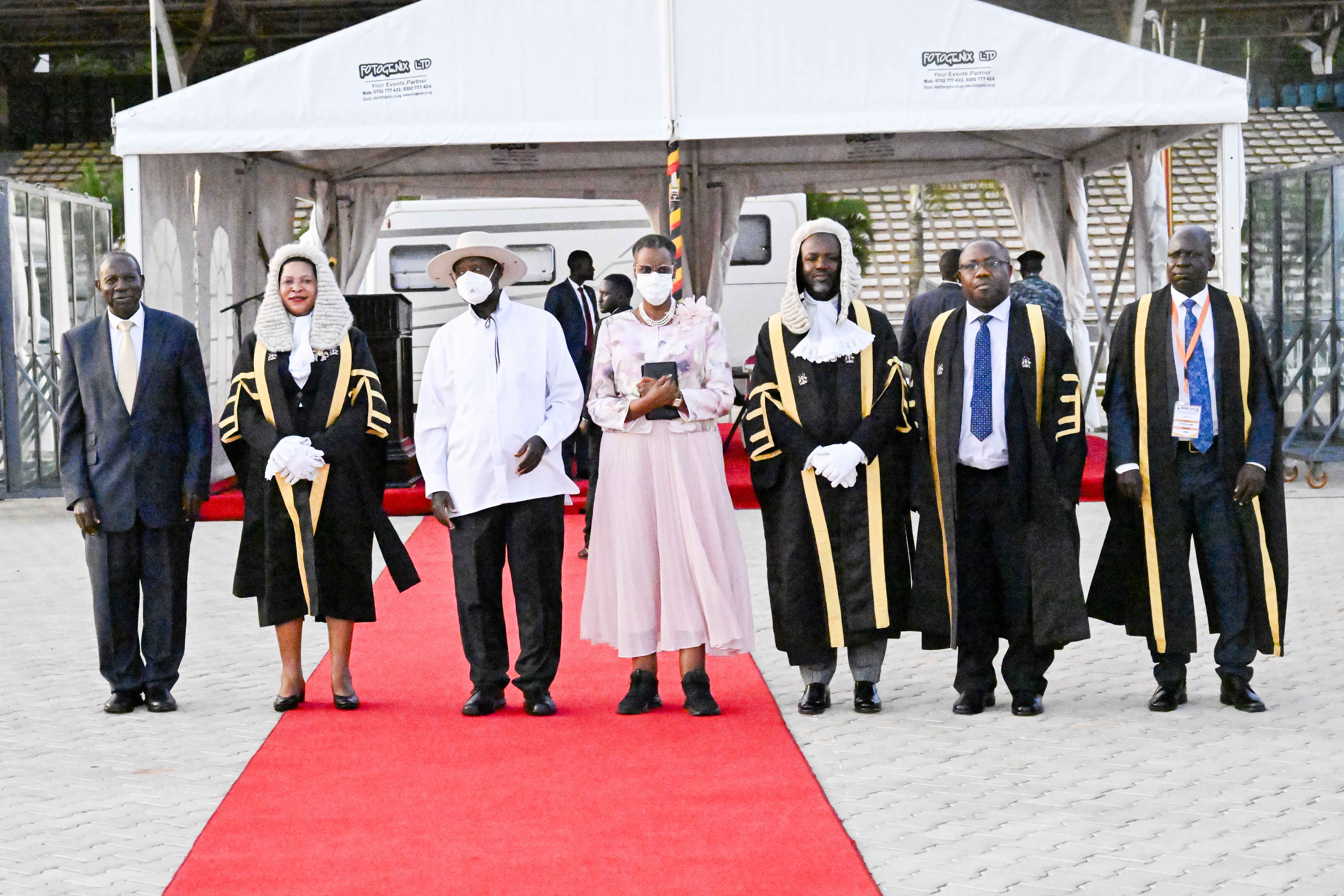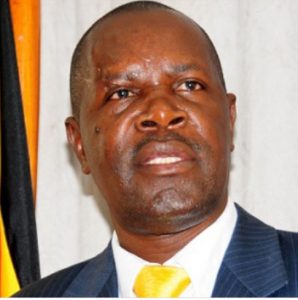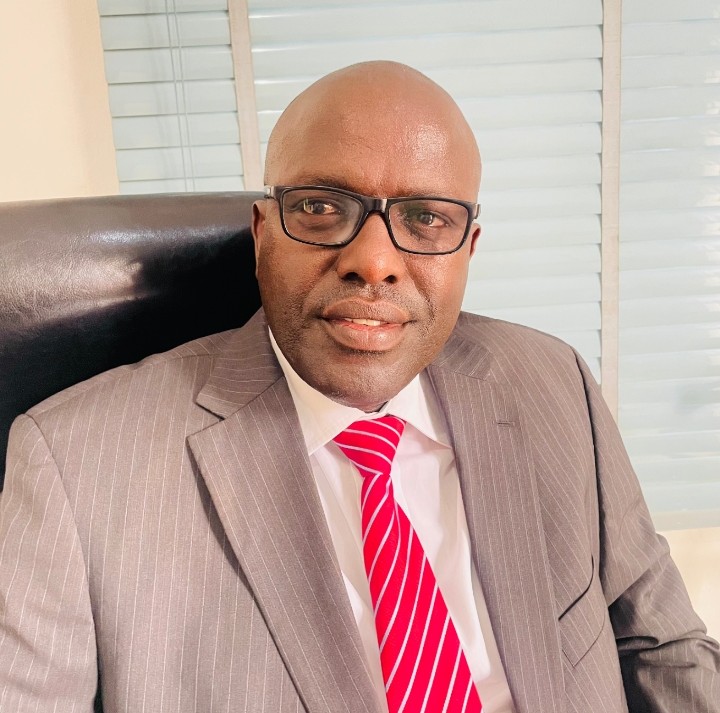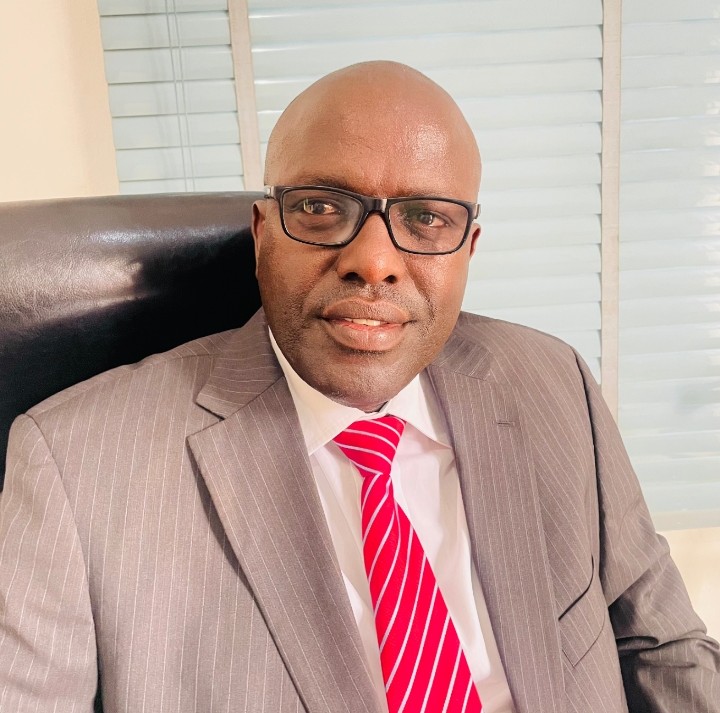“UGANDA’S ECONOMY HAS TAKEN OFF,” PRESIDENT MUSEVENI AFFIRMS AS HE UNVEILS SHS 72 TRILLION BUDGET
President Yoweri Kaguta Museveni has today unveiled Uganda’s 2025/2026 national budget, declaring that the economy has taken off and rallied leaders to match financial allocations with performance and accountability.
The Shs 72.376 trillion budget was delivered under the theme: “Full Monetization of the Ugandan Economy Through Commercial Agriculture, Industrialization, Expanding and Broadening Services, Digital Transformation and Market Access”.
In fulfillment of Article 155(1) of the Constitution and on behalf of His Excellency the President, Hon. Matia Kasaija, the Minister of Finance, Planning and Economic Development, presented the Budget for the Financial Year 2025/26 to Ugandans as approved by Parliament.
The ceremony took place at Kololo Ceremonial Grounds.
Referring to the Finance Minister’s presentation, the President said: “Here the size of Uganda’s economy is now $61 billion by the exchange rate method and $174 billion by the purchasing power parity method. Given our population, which is about 45 million Ugandans, we are no longer a least developed country. We are now a lower middle-income country.”
President Museveni emphasized economic stability indicators that signaled progress as indicated by the Finance Minister stating: “GDP growth, and price stability: Are the prices stable or not? Currency stability, is the currency stable or not? Are jobs being created or not? Are export earnings going up or not? And finally, are foreign direct investments coming in or not? I thought we should note that.”
President Museveni underscored that in 1986, Uganda’s GDP was just $3.9 billion noting that, “You can see the economy has grown more than 20 times, I thought you should mark that, because in a long speech like this you may not notice the big picture.”
This year’s budget is anchored in the Fourth National Development Plan (NDPIV) 2025/26–2029/30, with strategic investments categorized into ATMs priority sectors such as agro-industrial development, tourism, minerals (including oil and gas), ICT
and “Enablers” which are public infrastructure and services critical for business growth.
But beyond the numbers and planning frameworks, President Museveni used his address to spotlight mismanagement and inefficiencies in budget execution, warning that Uganda’s transformation cannot be undermined by negligence.
“I heard the veterans of Luweero in Lyantonde on Heroes Day raising issues. When I checked, we had already provided Shs 218 billion or something like that for the kasimo, and it was flipped to be Shs5 million for elders each and Shs1 million for the supporters. So, what happened to this money?” President Museveni asked.
He demanded clarity on the long-standing cattle compensation for conflict-affected regions.
“For Teso, Lango, Acholi, we have always spent Shs 200 billion on that, and we have already budgeted Shs 80 billion. So, leaders, follow up that money.”
The President also turned his attention to public investments in sports saying, “Then you get things like stadiums. The National Council of Sports needs to explain to us. I hear some money has gone to Kakyeka and a number of them to do some work, others are going to be done massively, and so on. So, the Council of Sports should also explain and brief Maama about this money.”
On matters of security, President Museveni issued a stern warning about growing misconceptions over digital number plates.
“I saw some issues about the digital number plates, that people are being fined. I don’t know for what, but the issue about the number plates is not about fines. It’s anti-crime,” he said.
Citing the recent murder of Wayengera Godfrey, 45, a resident of Namumira village in Mukono town, who was killed on June 10, 2025, President Museveni said, “I can’t accept our Ugandans dying because of incomplete infrastructure. Remember when I addressed you in Parliament in 2019, I told you about the cameras you were there with your policemen asking, “Ani eyamulabye?”
He explained that the digital number plates are central to crime-fighting, not revenue collection.
“Let’s go technical. Let’s have smart means. They have helped us solve a number of things. These are digitized number plates with a central command not collecting fines and so on,” he said.
“I think the confusion about fines could be because we didn’t have money and we told these people to put number plates and recover money. The issue is about the number plate being diagnosed. Every vehicle must have a digital number plate traced by a central command to know which cars, which boda was in the area. The issue is not about money. No. It’s about security. They are acting with impunity. This is not about fines. It’s about security.”
President Museveni also reaffirmed the central role of government-led initiatives such as NAADs, Operation Wealth Creation (OWC), the Parish Development Model (PDM), and Emyooga in transforming lives.
“The Government, through the budgets, is the one that can help the people to solve their problems. Programs like NAADs, OWC, PDM, Emyooga, etc., have already shown that they can liberate people from poverty,” he said.
He cited tangible examples of economic transformation driven by government science and innovation.
“The current Coffee boom was on account of the Government scientists who developed the improved Clonal Coffee, different from the old variety that people in Bushenyi had abandoned for the Dairy industry. The Dairy industry in the cattle corridor, the Kalangala Palm oil projects, are projects pushed by the government that have transformed people’s lives,” the President noted.
REJECT BRIBERY, PROTECT YOUR POWER AS VOTERS:
President Museveni sharply criticised the growing trend of political bribery and vote-buying disguised as fundraising, warning that it is undermining the electorate’s power and sabotaging national progress.
“Not petty money from MPs for fundraising or bribes. The voters need to know that these practices of bribes and fundraising are overthrowing the voters’ power to elect leaders that will work with the Central Government to solve their problems,” he said.
President Museveni was emphatic about the need for voters to resist being seduced by envelopes of cash and instead focus on choosing leaders who will protect their interests.
“Do not accept petty money from politicians and throw away your power to elect a leader that can kwemerera (supervise) the money sent to you through the Parish, fight corruption, etc. Once we solve the political corruption that has paralyzed the populist politicians, it will be easy to fight the corruption of the Public Servants,” he said.
Drawing on Uganda’s history of civic engagement, President Museveni called upon the people to be vigilant, insisting that the masses are the true whistleblowers in the fight against corruption.
“It is because we have a reliable source for kurega (whistleblowing). These are the people, the victims of the corruption.”
He further outlined the key drivers of Uganda’s transformation, crediting the NRA/UPDF, the wealth creators in agriculture, manufacturing, services and ICT, government scientists, and patriotic members of the political class who support the NRM programs.
“The big changes that are happening in Uganda, are by the following actors: the NRA/UPDF that liberated the country and has been ensuring peace ever since; the wealth creators in the four sectors. the Government scientists that make innovations, and the responsible members of the political class that have been supporting the NRM programs. It is, therefore, not fair for some actors to spoil these great successes,” the President said.
“Some people say that they give bribes because Museveni is always giving the khaki envelope to members of the population. Do not draw water and mud; do not mix up issues. The brown envelopes I give are part of the ancient traditions here. It is called okurongoora. It is the King who does that to the singers, or wrestlers, etc. President is the modern ‘King’. You are not ‘Kings’. I have a budget for that. I do not sell my cows to get money to kurongoora singers.”
He condemned the exploitative culture of individual fundraising pushed by politicians, describing it as unsustainable and misleading.
“Fundraising was and is premature. The healthy fundraising is okusonda, whereby you make small equal contributions but by many contributors,” he said.
Recalling a humble past, President Museveni invoked a childhood example from his father, Mzee Kaguta, saying, “In the 1950s, Mzee Kaguta sometimes would participate in kusondera (contribute) for enjogga (a potful) of rwaagwa (banana alcohol). At that time, enjogga was 5 shillings. Five people would contribute Shs 1 each.”
He criticized politicians who create false impressions of wealth and burden themselves with unsustainable donations.
“With the rampant fundraising, the MP carries the whole burden. It is really extortion, but it was instigated by the MPs who created the impression that they had the type of money which they did not have,” the President noted.
Challenging the culture of silent approval of suspicious wealth, President Museveni urged elders and church leaders to question the source of lavish donations from young politicians.
“Even the church leaders and other elders should ask those young mistake makers: ‘Naye mwana wange, esente zino zonna, ozigyawa?’ That is what a responsible parent should ask omwana (son or daughter) or omuzukulu (grandchild) if he/she sees him or her throwing around money,” he said.
The President concluded with a firm moral warning: “The responsible parents do not accept stolen gifts from their children.”
On her part, the Speaker of Parliament, Rt. Hon. Anita Annet Among applauded the President for fulfilling his constitutional duty by presenting the national budget for the 2025/2026 financial year, describing the moment as a reaffirmation of Uganda’s democratic and constitutional principles.
“Once again, we are honoured to host His Excellency the President as he fulfills his constitutional obligation to deliver the National Budget Speech. We thank him for his unwavering commitment to this important duty,” Speaker Among said.
She emphasized that the presentation of the budget is not a one-man affair but the result of a collaborative and consultative process involving multiple stakeholders across government, civil society, and the citizenry.
“Today’s budget reading is a culmination of inclusive engagement. It is the result of cooperation among all stakeholders, and we commend the participatory and transparent nature in which this process has been undertaken,” she said.
As a Parliament that prides itself on being people-centred, Rt. Hon. Among rallied stakeholders to go beyond participation and ensure active involvement in the implementation phase of the budget.
“We urge all players in the budget process to ensure civic awareness, execution, and above all, accountability. Participation should not end with planning. It must carry through to real impact,” she stressed.
Rt. Hon. Among said Parliament remains fully cognizant of the critical role that people’s participation plays in shaping Uganda’s development path, describing it as a cornerstone of national progress.
“Participation of our people is not a formality, it is a principle. It reflects the true spirit of our beloved nation,” she affirmed.
Highlighting key milestones, the Speaker noted Parliament's significant contributions in shaping the financial year 2025/2026 budget.
She said the legislature had diligently scrutinized and approved ministerial policy statements during the period of April 9th to 16th, ensuring alignment with national priorities.
“During this period, Parliament approved ministerial statements that provided a strong foundation for the budget,” she revealed.
Further, she highlighted that the House passed seven crucial revenue bills aimed at boosting government capacity to raise and manage revenue sustainably.
“These revenue bills are instrumental in enabling the realization of the targets set for the new financial year. They are not just laws, they are economic tools designed to fuel transformation,” said Rt. Hon. Among.
While presenting the budget, Hon. Kasaija stated that Uganda’s economy is no longer defined by fragility, but by resilience and stability, saying that this has attracted investors and fueled sustained growth.
“Uganda’s economy has fully recovered from previous global, regional, and domestic shocks and is firmly on a path of transformation. We expect to grow by 6.4 percent this coming financial year,” the minister declared.
Hon. Kasaija attributed this economic strength to Uganda’s sound fiscal policies, targeted infrastructure investments, improved access to affordable credit, and strong private sector development, all of which have helped reduce the cost of doing business across the country.
Tracing Uganda’s economic journey since 2010, the Minister highlighted the government’s long-term strategy anchored in patriotism, Pan-Africanism, democracy, and socio-economic transformation—the four key principles that continue to guide Uganda’s development.
“The early years of the NRM government were focused on restoring peace, stabilizing a broken economy, and addressing extreme poverty. Today, we are firmly in the phase of socio-economic transformation, “Hon. Kasaija explained.
“For the first time, Uganda also met the UN criteria for graduation from the least developed country status in March 2024. This achievement reflects our commitment to inclusive development,” he said.
He noted that Education and health remain top priorities, with Shs 11.4 trillion allocated under the Human Capital Development Program, noting that funds will support teacher salary enhancements, classroom construction, digital learning infrastructure, and reforms in the lower secondary curriculum.
“We are also investing in youth skilling through the Presidential Industrial Hubs and the Skilling Uganda Program, to boost employability and productivity,” Hon. Kasaija added.
He further highlighted that Debt servicing takes a significant share of the budget, with Shs 28.5 trillion allocated, Shs 11.3 trillion for interest payments, shs 4.9 trillion for external debt, and shs 1.4 trillion for clearing domestic arrears.
The Minister clarified that the budget has been financed by Shs 37.2 trillion in domestic revenue, Shs 11.3 trillion in domestic borrowing, Shs 11.3 trillion from external project support, and Shs 10 trillion for domestic debt refinancing.
The minister mentioned that Transport infrastructure has been allocated Shs 6.8 trillion, with Shs 2.2 trillion going to roads and bridges and Shs1.17 trillion earmarked for the Standard Gauge Railway, noting that it will enhance regional equity.
“We shall prioritise road projects as highlighted by His Excellency the President, including: Puranga-Acholibur (65km), Kampala-Gayaza-Kalagi (33km), Lugazi-Kiyindi (28km), Kabwohe-Nyakabirizi (92.2km), Busega-Mpigi (10kms),” he said.
“On the railway, the government has completed the refurbishment and commissioning of the Mukono-Kampala Metre Gauge Railway. In addition, 375 kilometres of the Tororo-Gulu line are being rehabilitated and will be completed by February 2026.”
To drive household incomes and economic inclusion, key wealth creation programs remain central, he said that the Parish Development Model will receive Shs 1.075 trillion, while Emyooga has been allocated shs 100 billion, and the informal sector Shs 3 billion.
“The Uganda Development Bank will receive Shs 414 billion to support agro-industrial and manufacturing ventures, ensuring access to affordable capital for local enterprises,” Hon. Kasaija announced.
On inflation, the minister said that it is under control.
“Despite global uncertainties, the Uganda shilling has been among the few most stable currencies in Africa.”
The event was also attended by the Vice President, H.E Jessica Alupo, His Lordship Alfonse Owiny Dollo, the Chief Justice, Rt. Hon. Thomas Tayebwa, the Deputy Speaker of Parliament, Members of parliament, members of the Diplomatic Corps, among others.
2025-06-12
